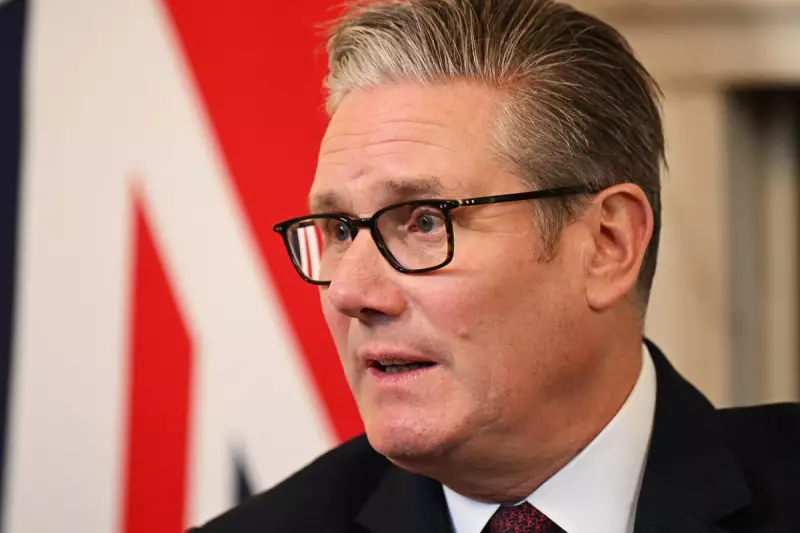
Labour's Shadow Home Secretary, Yvette Cooper, has publicly challenged party grandee Peter Mandelson to provide a full account of his dealings with the late convicted sex offender Jeffrey Epstein. The confrontation signals significant internal tension as Sir Keir Starmer's leadership faces its latest ethical test.
The demand emerged during a private meeting of the Parliamentary Labour Party, where MPs expressed deep unease over Lord Mandelson's name appearing in recently unsealed US court documents. Cooper insisted that Mandelson must "be open and transparent" about the nature of his relationship with the disgraced financier.
Mounting Pressure on Starmer's Leadership
The episode presents a fresh challenge for Sir Keir Starmer, who has repeatedly emphasised integrity and accountability as central tenets of his leadership. With the Labour Party maintaining a strong lead in opinion polls, the leadership is keen to avoid any association with the Epstein scandal that could damage its carefully crafted image.
According to sources within the meeting, multiple backbench MPs voiced concerns about the potential damage to the party's reputation. The pressure is particularly acute given Starmer's background as former Director of Public Prosecutions and his commitment to high ethical standards.
Mandelson's Complex History
Lord Mandelson, a key architect of New Labour and former Cabinet minister, has previously acknowledged meeting Epstein on several occasions but has consistently denied any wrongdoing or knowledge of Epstein's criminal activities. His association with the financier has been a subject of speculation since Epstein's first conviction in 2008.
The renewed scrutiny comes as hundreds of pages of legal documents related to Epstein's associates were made public in the United States, though Mandelson is not accused of any illegal activity in these documents.
Political Repercussions
Political analysts suggest the situation creates a delicate balancing act for Starmer. While needing to address legitimate concerns about propriety, he must also avoid alienating influential figures within the party's broad coalition. How he handles this internal matter may serve as a indicator of his ability to manage crises while maintaining party unity.
The Conservative Party is likely to monitor developments closely, though government ministers have so far refrained from public comment on what they describe as an internal Labour matter.





